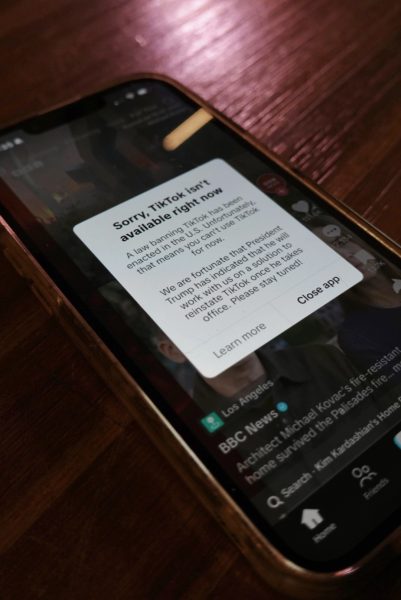The Impact of the Speaker of the House Election
“This election foreshadows Florida politics and affects citizens by impacting how laws will be passed.”
After 15 rounds of voting, Kevin McCarthy (R-CA) became Speaker of the House in the early hours of January 7th. To win votes from the right, McCarthy made deals with House members that weakened the power of his position.
McCarthy agreed to appoint far right-wing House members from the Freedom Caucus to panels that influence house debates and the advancement of bills.
Previously, half of the House Republicans were needed to call a vote to replace the Speaker of the House, and McCarthy agreed to lower the amount to just one representative. There are several budget rules McCarthy has agreed to that are better suited for the Republican agenda. One of these rules replaces the “pay-as-you-go” rule with a “cut-as-you-go” one. This new rule requires offsets if a five-year or 10-year budget is exceeded. A ⅗ majority rule will also be reinstated to pass tax raises.

It is important to note that without a Speaker of the House, no new members can be sworn in, and business slams to a halt. By McCarthy making these deals and diminishing his power, he’s forging a road toward a government shutdown, further slowing any new political action.
The recurring rounds of voting and the Republican Party’s hesitation to elect McCarthy as Speaker is yet another example of the division within the conservative party; however, this wasn’t the only demonstration of division during the voting. When asked for his vote for Speaker of the House during the 7th ballot, Matt Gaetz (R-FL) voted for former President Donald Trump, drawing attention to the fact that a person does not need to be a house member to be the speaker.
During the 14th ballot, Mike Rogers (R-AL) lunged at Gaetz, telling him he was “finished” for not cooperating to elect McCarthy. Marjorie Taylor Greene (R-GA) called Trump during the votes, holding the phone up to Matt Rosendale (R-MT) to convince him to elect McCarthy; Greene later called Trump “the leader of the Republican Party.”
This election foreshadows Floridapolitics and affects citizens by impacting how laws will be passed. If taxes are raised, the new House rules may align with the views of some Floridians, but not Pinellas County.












